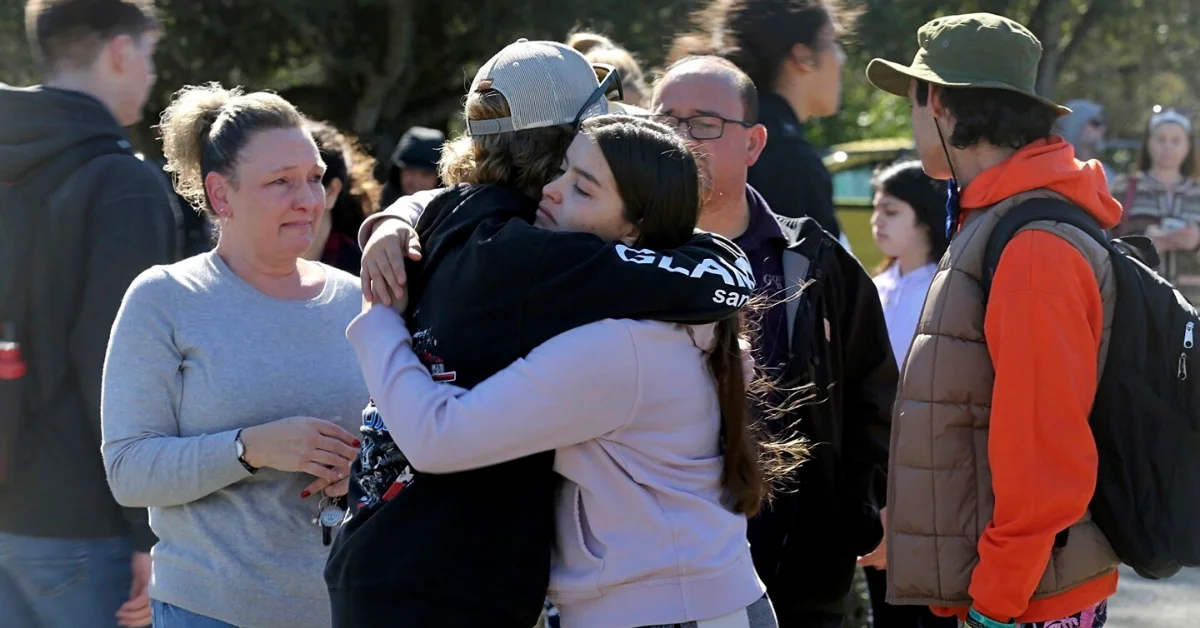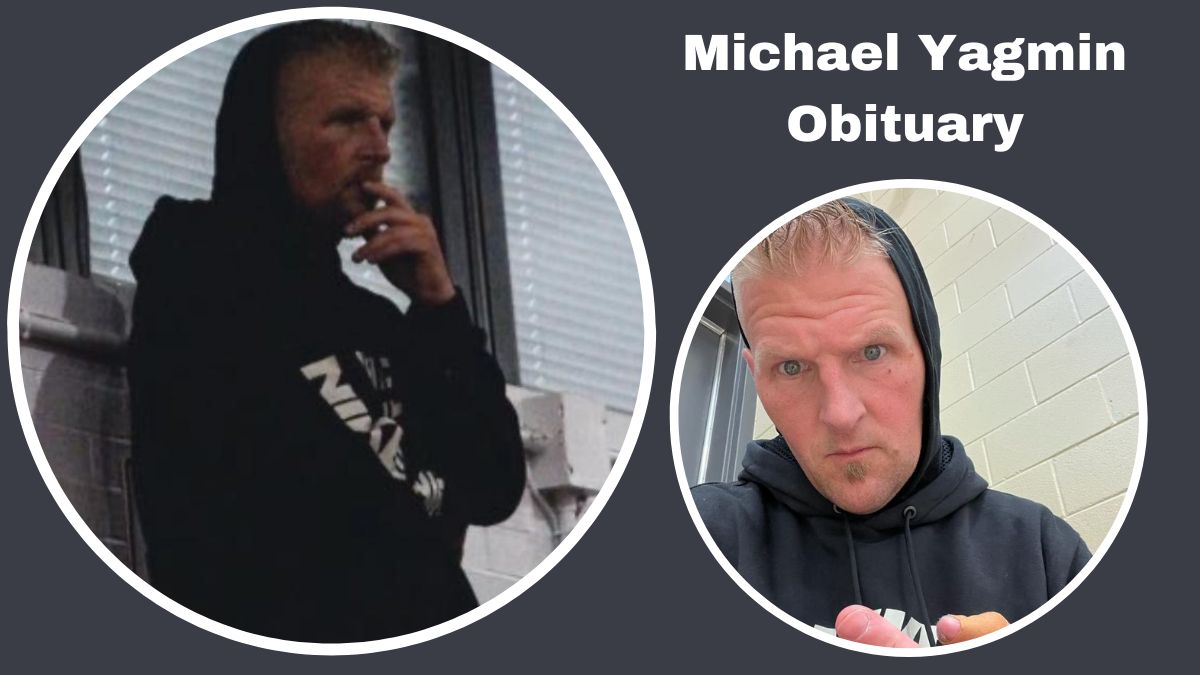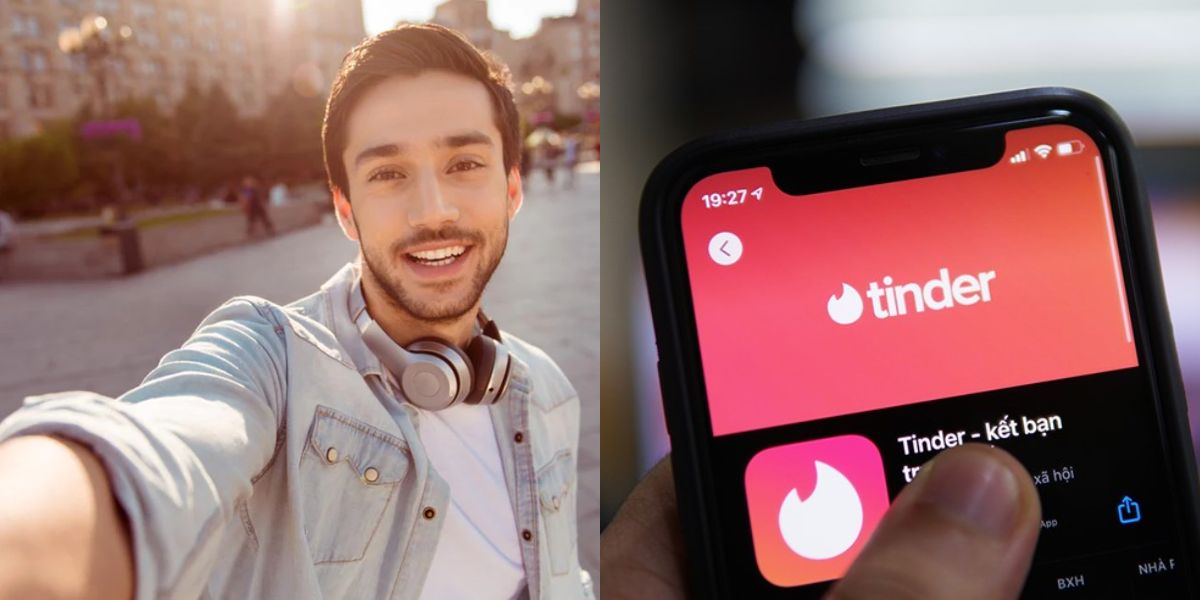Several Texas officials have stated that they want to increase school safety by strictly enforcing discipline concerns. Many people place a high premium on security following the shooting deaths of 19 children and two adults in Uvalde last spring, which prompted lawmakers to look for remedies.
Yet, some who stand up for children are concerned about the severity of the penalties, which frequently harm kids of color disproportionately.
Recent events involving a middle school student in Lewisville have brought to light the challenges of balancing safety concerns and the adverse effects of heavy punishment on children.
Why Was A Texas Teen Kicked Out Of School For Reporting Concerns?
A boy was overheard by a 13-year-old girl saying, “Don’t go to school tomorrow.” Yet she ultimately received a suspension threat. Due to the girl’s age, The Dallas Morning News did not publish her name.
She texted her buddies about the probable shooting seconds before telling her mother. According to the school police, there was no danger to the campus.
Administrators at the Black middle school determined that the 13-year-old girl had made a false claim regarding school security and penalized her with a three-day suspension to send her to an alternate school for the remainder of her eighth-grade year.
When kids spread rumors instead of taking “proper procedures to alert a trusted adult” or using the district’s anonymous reporting options, school officials in Lewisville, Texas, said in a statement.
Finally, her sentence was quashed.
Why Focus On Discipline?
According to a database maintained by Education Week, more than 50 school shootings left victims injured or dead last year.
Policymakers frequently discuss school discipline after such assaults as they explore taking action to stop threats before they happen.
After the massacre at the Uvalde school, several Texas Republicans have suggested returning to zero-tolerance disciplinary practices.
Sen. Charles Perry, for instance, said during a parliamentary hearing on Uvalde last year, “Not all students belong in the classroom anymore.” His remarks came as authorities debated if the shooter’s tardiness issues might have been a red flag for other issues.
But, supporters are concerned that this language may lead to more children of color being suspended, expelled, or given extended periods in alternative education.
Can Discipline Discourage Students From Speaking Up?
Some worry that incidents like those at LISD would make kids completely reluctant to speak out when they observe or hear threatening or questionable behavior.
The K-12 School Shooting Database’s creator, David Riedman, stressed that any report must not be punitive. The opposite of what you want is for someone to hide their worrying behavior.
Security experts state that getting students’ support for reporting potential problems is essential.
Which Students Receive Harsher Discipline?
Despite committing similar violations, black students are more likely than their white peers to experience harsher disciplinary measures, according to a study from the Institute of Education Sciences.
According to numerous studies, racial stereotypes may also affect the disciplinary procedure, which frequently involves teachers and school administrators.
Texas reported 101,684 placements in alternate settings for the 2021–22 academic year (known as Disciplinary Alternative Education Programs, or DAEP).
Although they comprised less than 13% of Texas public school pupils, black youngsters comprised close to 23% of those placements. Similarly, of the 400,431 documented out-of-school suspensions that year, close to third involved Black pupils.
Texas spent years removing zero-tolerance rules and disciplinary methods that disproportionately exclude disabled, Black, and Hispanic students from school.
According to city data, Black middle school kids in Dallas were 43 times more likely to be booked into juvenile detention in 2017 than their Asian counterparts and were 11 times more likely to be disciplined.
Later that year, to reduce inequities, DISD enacted a policy prohibiting the suspension of its youngest pupils from school except in the most extreme circumstances. Afterward, the Legislature adopted a statute that was similar to that action.
The Common App, an admissions tool used by hundreds of colleges and universities, stated in 2020 that it would no longer ask candidates to disclose if they had received a disciplinary citation at their previous institution.
After finding that “Black applicants reported disciplinary records at more than twice the rate of their white peers,” administrators took this action.
Continue reading the news on our website. We’ve posted the following:
- Florida High Schoolers Compete With Robots Of Their Own Making
- Student Threat Prompts Lockdown At College Station ISD School
What Is The School-To-Prison Pipeline?
As adolescents navigate the beginning of their lives, discipline decisions could have terrible consequences.
According to American University, studies frequently show that students are seven times more likely to drop out of high school after missing at least two weeks of class, even in a single year.
The school-to-prison pipeline, which disproportionately impacts children of color, is created when kids who don’t graduate are more likely to spend time in the criminal justice system.
According to National PTA, suspensions and expulsions, for instance, can also result in learning loss, social isolation, adverse effects on kids’ emotional health, poorer academic performance, and increased school dropout rates.
Tyler is a passionate journalist with a keen eye for detail and a deep love for uncovering the truth. With years of experience covering a wide range of topics, Tyler has a proven track record of delivering insightful and thought-provoking articles to readers everywhere. Whether it’s breaking news, in-depth investigations, or behind-the-scenes looks at the world of politics and entertainment, Tyler has a unique ability to bring a story to life and make it relevant to audiences everywhere. When he’s not writing, you can find Tyler exploring new cultures, trying new foods, and soaking up the beauty of the world around him.
Contents











